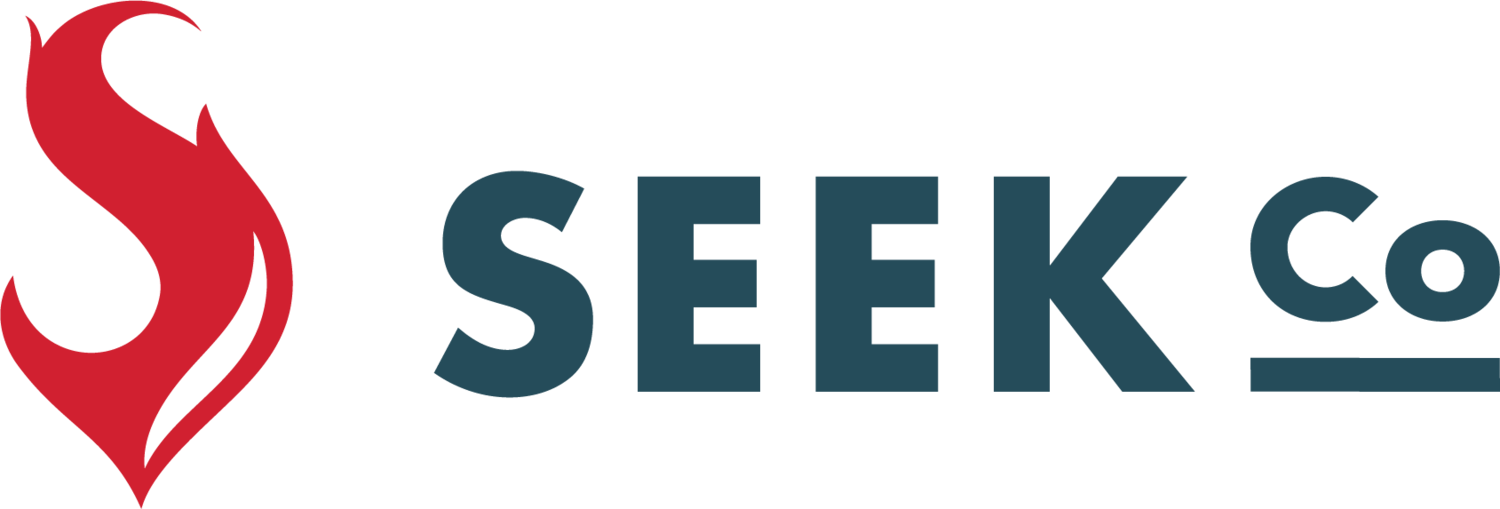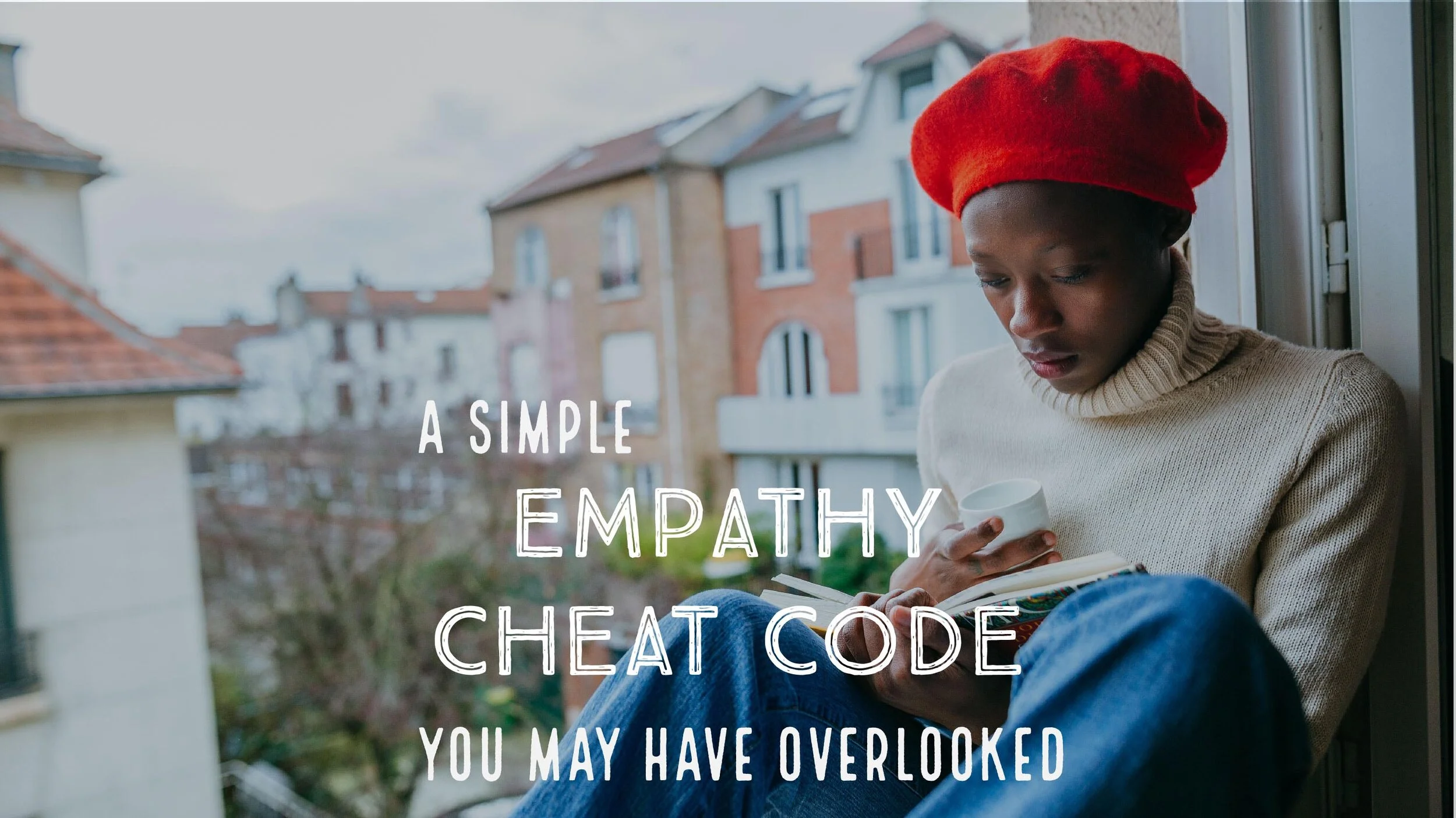A Simple Empathy Cheat Code You May Have Overlooked
I have a bit of a guilty pleasure. Every day, I log into my Amazon account, go to my wish list and see if any of the books I have on there have randomly gone on sale. It happens maybe once a month and I never know when it’ll be - but I’ll be scrolling and randomly see one for $4.99.
Reading was a huge part of my childhood. My mom read to my brother and I every day growing up, whether it was “The Complete Tales of Winnie-the-Pooh” or “The Chronicles of Narnia.” When I learned how to read, I’d read any and everything which occasionally got me in trouble. But hey, I was homeschooled kindergarten through fifth grade, so I had a lot of time on my hands. I needed to entertain myself and my parents encouraged my imagination and creativity. The library became my second home in a way and I was so sad to learn that I had to wait to be 15 to get a job there.
I’ve never been picky about what I read - memoirs, fantasy, history, general fiction, mystery. A good story to me is a good story. And there have been countless times when I come to the end of a book and turn the page, hoping the story doesn’t end there. It can’t. What happens next? My relationship with the characters can’t be done, can it?
As a qualitative researcher, it’s a lot like in-homes where we go into people’s homes and get to know them and how their life intersects with a category or product. There’s a period of time when as a moderator, I get invested in the life of someone knowing who they are, what makes them tick, hearing stories of their highs and lows. And then time runs out and I leave. The story ends. But I want to know more.
In 2005, the FIRST CONNECTION BETWEEN READING AND EMPATHY WAS MADE. And since then, more and more research has been done to find out if reading fiction really does make people more empathic. All the scientific research aside, it makes sense. How can you read a story about a girl not wanting to give her sister a kidney after being born purposely to be an organ donor and not feel something (“My Sister’s Keeper”)? Or be torn on whether or not you want a hockey team to win the game after a player is accused of rape (“Beartown”)?
I like to think of reading fiction as the preparation for empathy in real life. It helps you experience different emotions, connect with people different than yourself and be fully present in someone else’s story. Although I’ll admit, it also may mean you get a little less sleep when you can’t quite put the book down.
In the current environment, if you’re interested in learning different perspectives, but aren’t sure how to start the conversation with someone, turn to books. Read memoirs and fiction like “Hillbilly Elegy,” “The Hate U Give,” “Americanah,” and “Rush.” You won’t be able to read them without being changed. And then go have the conversations in-person.
I’d love to know what you’re reading and any book recommendations you have! Shoot me an email at HOPE@SEEKCOMPANY.COM.

